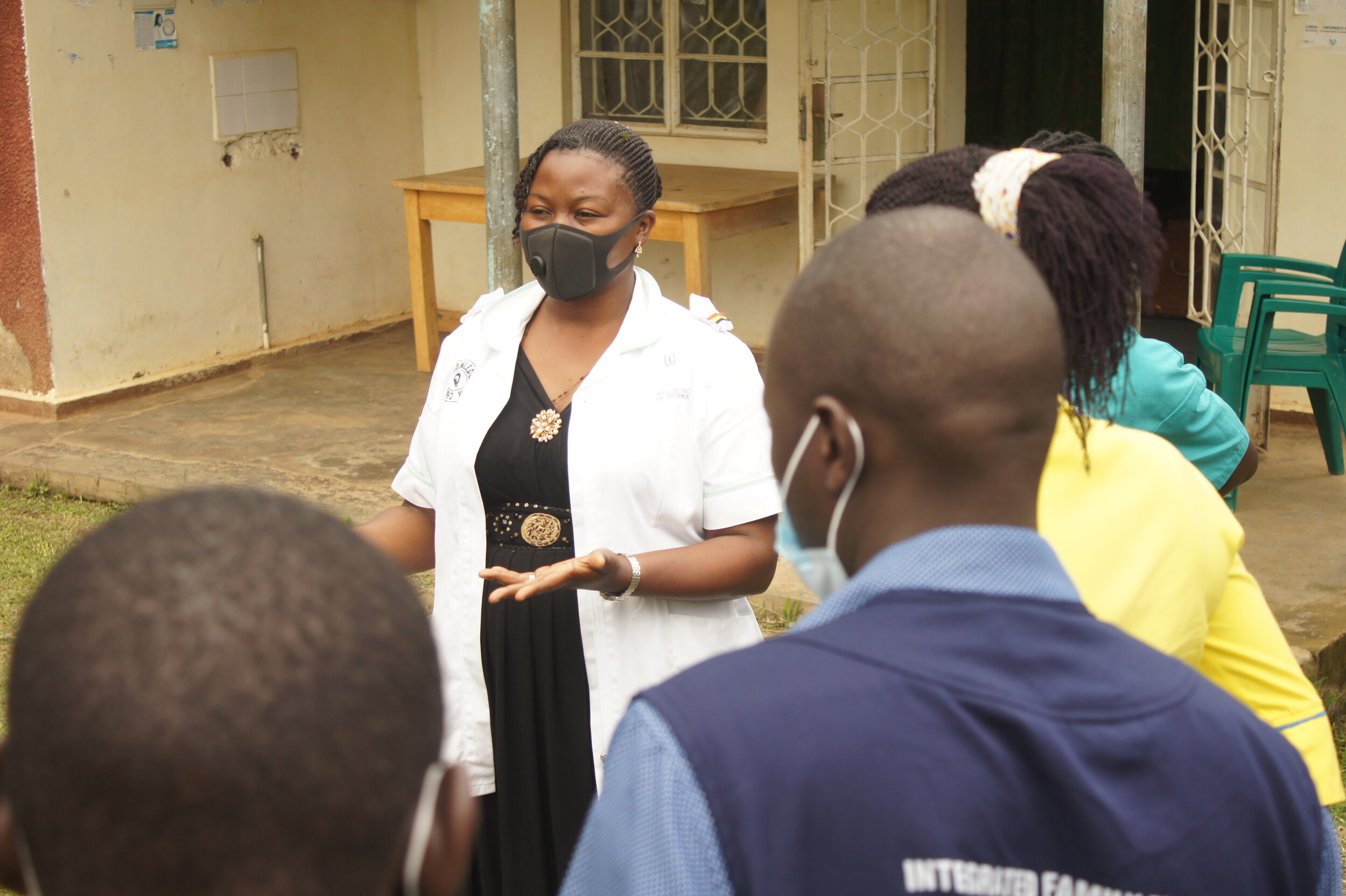
Projects
We are a nonprofit entity that is organized to provide services to rural communities at no cost.
General Health
We promote linkages between public and private health care systems with the aim of improving access to health care. Our goal is to strengthen the scope and character of health care services in rural areas in Uganda
Youth Empowerment
We do this by addressing their situation and then take action in order to improve their access to resources and transform their consciousness through their beliefs, values, and attitudes. Through youth friendly projects such as photography and cinematography, these young people gain skills which are key to their economic development. These projects not only allow an improvement of their life quality that helps tackling the poverty cycle, but also allows the identification of those inconvenient that keeps showing to reach a perfect development of youth empowerment.
Women Empowerment
Gender equality is not only a fundamental human right, but a pre-condition for sustainable development. Providing women and girls with quality education, health care, decent work, access and ownership rights over property and technology, and equal participation in political and economic decision-making processes will lead to social, economic and environmental sustainability in Uganda. CSN focuses on gender equality and women’s empowerment by engaging them in developmental community call to action program. Through this, we have had projects with women as the key players.
Positive Living
We aim at providing a continuum of innovative and proactive approaches to harm- reduction, prevention and a person-centered focus on support and education for those at risk and affected by HIV. We intend to champion the rights of the HIV Positive people through support, education, and advocacy in a safe and confidential environment for HIV-positive individuals, their families, and their friends.
Girl Child Empowerment
It is reported that more than 700,000 girls in Uganda between the ages of six to 12 have never attended school. In fact, around half of girls between the ages of 15 to 24 are illiterate and four in five girls do not attend high school. Improving girls’ education in Uganda can help pull families, and perhaps even the country, out of the poverty cycle. Every additional year of education yields a 10-25 percent increase in the income of a woman. An educated woman will then reinvest 90 percent of this income into her family. Helping a girl complete her schooling will double the likelihood that she will send her own children to school. Through education, a girl is empowered. We do this through formation of school clubs that are geared towards keeping girls in school.





